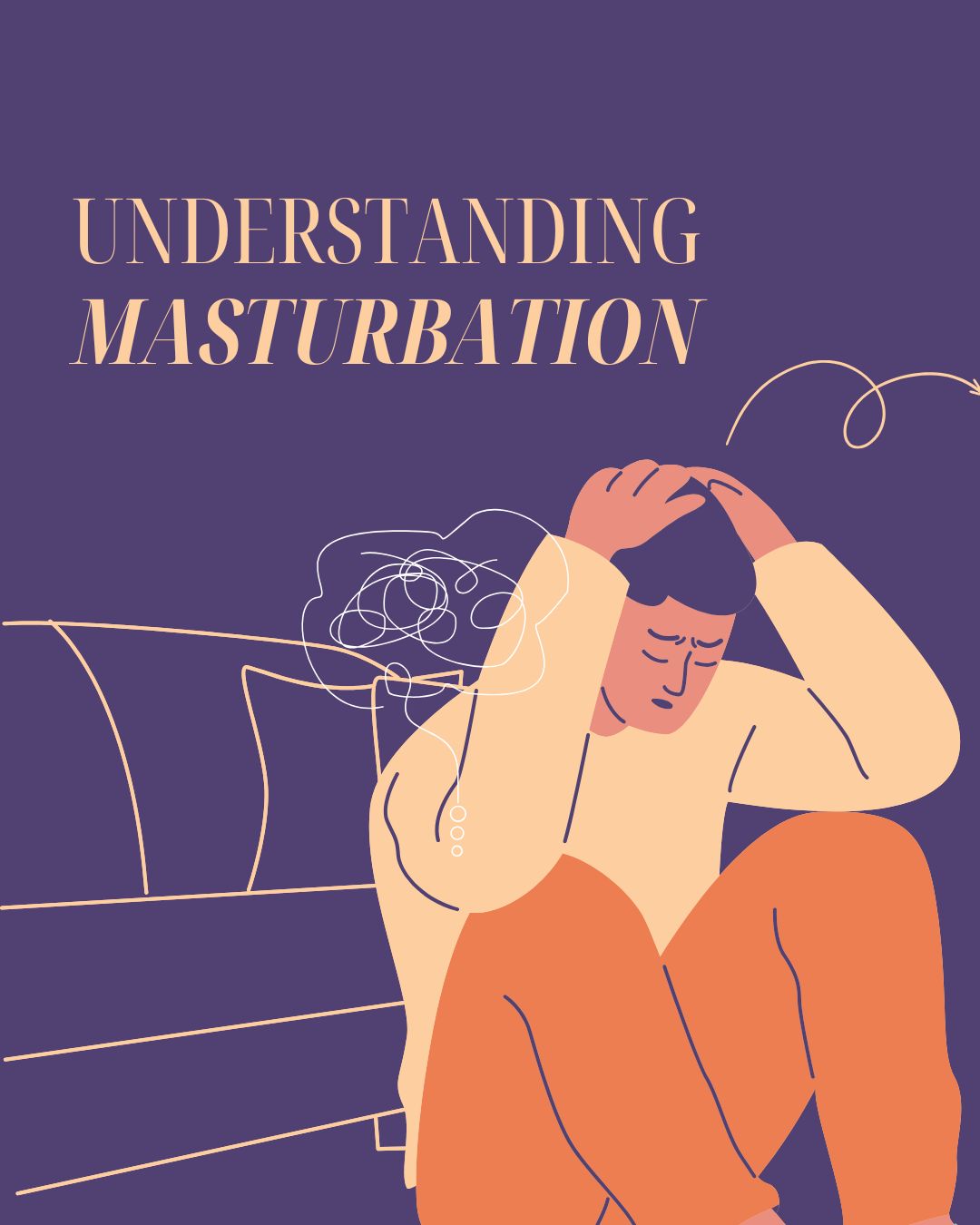Masturbation is a natural and common part of human sexuality. For many, it’s a normal way to explore their body, release built-up sexual tension, or even help with sleep. However, like most things in life, balance is key.
Let’s break down what healthy masturbation looks like, and when it may be a sign of an unhealthy coping mechanism.
When Masturbation Is Normal and Healthy
Masturbating occasionally is generally considered healthy for most people. It can have several benefits, such as:
• Relieving mild stress or tension
• Helping you understand your own body and preferences
• Supporting sexual wellness and reproductive health
• Improving sleep and relaxation
There’s no “one-size-fits-all” frequency, what’s healthy for one person may differ for another. The key is how it affects your daily life and overall well-being.
When Masturbation Can Become Unhealthy
Masturbation only becomes a concern when it starts being used for the wrong reasons or begins to negatively impact your life. Some red flags include:
• Using it as a constant stress reliever rather than dealing with emotions or challenges directly
• Turning to it out of boredom or as a form of escape from loneliness, anxiety, or emotional discomfort
• Neglecting responsibilities, relationships, or physical health because of frequent masturbation
• Feeling guilt, shame, or physical exhaustion afterward
When masturbation becomes a compulsion or a form of emotional avoidance, it may signal an imbalance in how you’re coping with life’s pressures.
Awareness Is the Key
The most important part of developing a healthy relationship with masturbation is self-awareness. Ask yourself:
• Am I using this to avoid something I don’t want to face?
• Do I feel better afterward or worse?
• Is this affecting my energy, mood, or health?
If the answers raise concern, it might be time to reflect, set some boundaries, or even speak with a mental health professional.
Healthy Alternatives to Cope with Stress or Boredom
Instead of turning to masturbation as an automatic coping mechanism, try:
• Exercise or yoga
• Journaling or creative expression
• Social interaction and meaningful conversation
• Meditation and breathing exercises
• Reading, walking, or other hobbies you enjoy
The more tools you have for managing emotions and stress, the less you’ll need to rely on any one method.
Final Thoughts
Masturbation isn’t good or bad. It’s all about how and why you engage in it. Occasional, mindful self-pleasure is perfectly healthy. But if it’s becoming a way to mask emotional pain or escape reality, it may be time to pause and reassess. You deserve a balanced, empowered relationship with your body and that starts with awareness.
